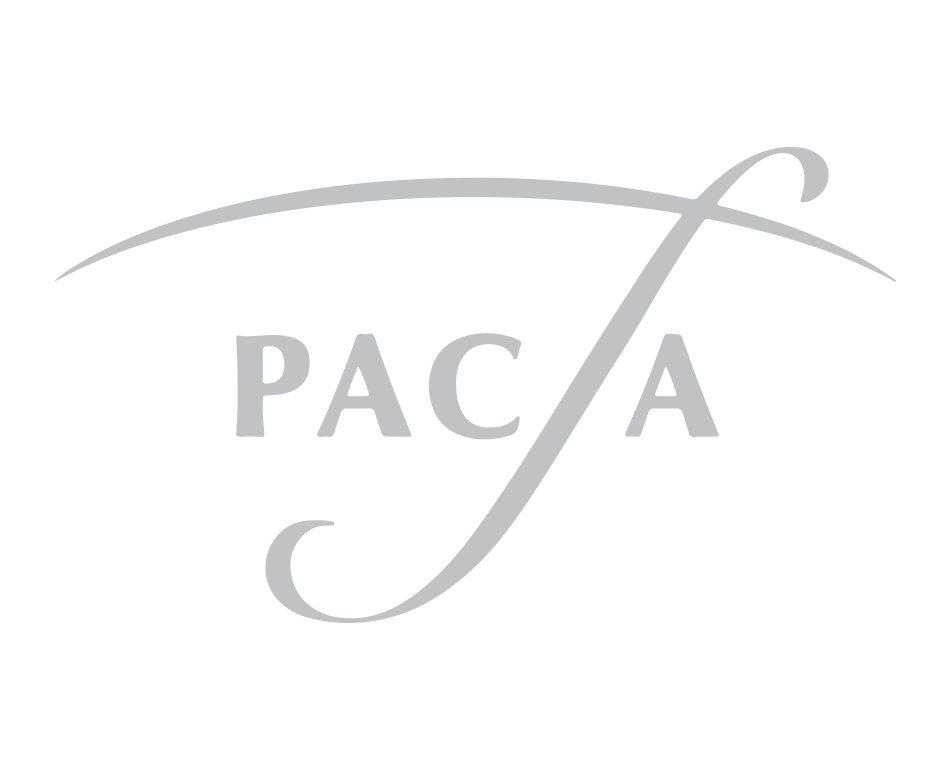ABOUT BROOKE /
/ Graduate Diploma of Counselling +
Master of Counselling and Psychotherapy /
Brooke is a registered clinical member of the Psychotherapy & Counselling Federation of Australia (PACFA). Brooke has completed a Graduate Diploma of Counselling, a Masters in Counselling & Psychotherapy and specialised clinical training through the Australian & New Zealand Association of Psychotherapy (ANZAP).
Brooke is currently enrolled in a Masters of Science in Medicine (Trauma Informed Psychotherapy) at Sydney University.
Brooke undertakes regular professional development, clinical supervision and her own psychoanalytic therapy.
PRESENTATIONS:
Brooke works with adults and adolescents across a range of mental health disorders including; anxiety, depression and bipolar, personality disorders, eating disorders, relationship issues, family issues, sexual abuse & complex trauma.
EVIDENCE-BASED MODEL
In session, Brooke works with several evidence-based models primarily drawing on the use of the Conversational Model of Therapy (CM).The Conversational Model is a contemporary form of relational psychotherapy that evolved from psychoanalytic psychotherapy. It integrates aspects of developmental psychology, neuroscience, attachment theory, linguistics and concepts from other schools, including Self Psychology, Intersubjectivity Theory and Trauma Theory.
The Conversational Model is used primarily for treating disorders of the self and is based on the premise that our sense of self develops out of the relationship with our primary caregivers. Optimal psychic development or emotional maturity occurs when these relationships are stable, safe and sufficiently responsive. More specifically, our concept of self develops through relational experiences with the external world.
CONVERSATIONAL MODEL ORIGINS
The Conversational Model was originally devised by English Psychiatrist Dr Robert Hobson and further developed by Australian Psychiatrist Dr Russell Meares.The model has been developed for a range of chronic psychiatric and mental health issues that are difficult to treat, particularly borderline personality disorder, dissociative disorders, other personality disorders, treatment-resistant depression/anxiety and somatic disorders.
The Conversational Model is among the best validated of all current psychotherapies with positive randomised controlled trials for the treatment of depression, self-harm, somatic disorders and borderline personality disorders.
The Conversational Model principles are practical and down-to-earth. Brooke does not use confusing medical/psychological jargon and her approach is friendly and engaging.
What happens in session?
Throughout therapy you are provided with a supportive space to explore long-standing patterns, behaviours, thoughts or feelings that may be disrupting your present experience. We do this by first fostering a sense of connection and safety between client & therapist, helping you progress into higher stages of awareness and consciousness. These stages aren't linear and often overlap meaning there will be movement forward and backwards, this is a normal part of the theraputic process.Treatment aims to foster a more stable & coherent sense of self, identify, process and integrate trauma, help with symptom reduction, build greater self-awareness and resilience and engage new ways of relating to yourself and those around you. During therapy clients have described reduction in symptoms, improved interpersonal relationships and a return to more stable and productive lives.
Psychotherapy can be short or long term based upon your circumstances and is not limited to a particular number of sessions. In its shortest form 10-15 sessions may be appropriate, in its longest form 12+ months may be necessary however this is all dependant on individual circumstances, the degree of impairment or trauma history & will be discussed with you during the assessment.
REFERENCES
Meares, R. (2012). Borderline personality disorder and the conversational model: A clinician’s manual. WW Norton & Company.Korner, A., & McLean, L. (2017). Conversational model psychotherapy. Australasian Psychiatry, 25(3), 219-221.
CREDENTIALS
Brooke brings over 18 years of experience to private practice and has worked in a number of diverse counselling, crisis support, & case management roles for state & federal government, private enterprise and not-for-profits listed below.
In conjunction with private practice Brooke works part-time as a School Counsellor at JMC Academy Melbourne.
THE ROYAL COMISSION into Institutional Responses to Child Sexual Abuse
The National Disability Abuse & Neglect Hotline
Victims Services NSW
Mission Australia Counselling Service
SAE CREATIVE UNIVERSITY & JMC ACADEMY
QUALIFICATIONS
GradDipCouns,
MCouns&PsychTh
+ Graduate Diploma of Counselling (ACAP)
+ Masters of Counselling & Psychotherapy (ACAP)
+ Certificate in the Conversational Model of Psychoanalytic Psychotherapy (ANZAP).
MEMBERSHIPS
- PACFA Clinical Member #24368
- Associate Member ANZAP
- Active Member of IARPP
PRIVATE HEALTH REBATES
+ AHM
+ Australian Regional Health Group (ARHG)
+ BUPA
+ CBHS
+ Medibank Private


Follow Brooke on Instagram
https://www.instagram.com/brookecefai/
'Tell your heart that the fear of suffering is worse than the suffering itself. And no heart has ever suffered when it goes in search of its dream.'
- Paulo Coelho























